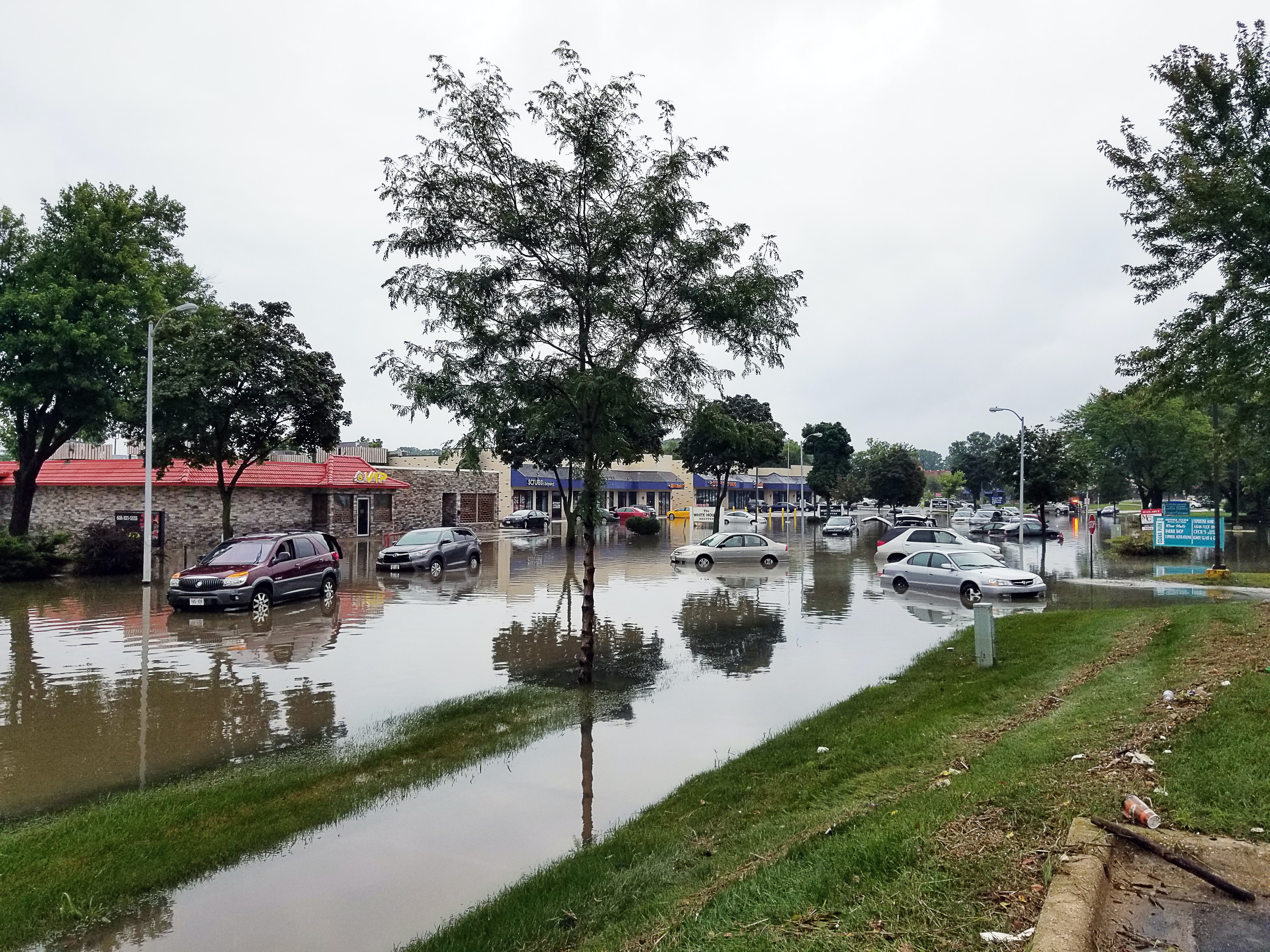Message received: the Biden administration is bringing sweeping revisions to the U.S. environmental policy
June 8, 2021

By Erwin Villiger
You don’t have to be a Beltway insider to feel the winds of change blowing. Especially as it pertains to global warming, the economic prospects of energy transition, and the importance of equity, the Biden administration is not wasting any time on decisive action. Key leadership appointments to the cabinet support this agenda. Promptly rejoining the Paris Climate Agreement sent an important message, though the proof is in the pudding. Now for the pudding.
A change in state: a visionary and proactive government
A nation cannot be secure if its people are not secure. This is a core concept in our thinking on environmental security. A nation can have the greatest military the world has ever seen; a nation can have the most competent intelligence services; a nation can have an academy of scientists discerning complex and nuanced interactions between human activity and the environment; a nation can have all of this, and yet still be insecure. It is all for naught if a nation is incapable of translating knowledge into effective policy and action. We have seen it most recently with the COVID-19 pandemic, but our failures with global warming and climate change are more egregious.

Since the idea of environment and climate first arose as a security issue in the 1990s, there has been ongoing debate over how broadly it should be defined. Despite this, environmental issues have occupied an important component of the National Intelligence Council’s quadrennial Global Trends reports. From their inception, the reports have included food, water, natural resources, and energy considerations when offering predictions for the future. The most recent edition is no different. We know what we know, yet we have not been acting upon it. Understanding the potential impact of the environment on security is the beginning. Addressing it requires a fundamental shift in thinking amongst policy and decision makers. Perhaps with the current administration, we finally see this change in state.
Setting the baseline for a systematic federal approach
The Biden Administration’s recent Executive Orders (EOs 14008, 14013, and 14030) are setting a baseline for how the government needs to approach increased risks from climate change. Most of the near-term actions involve assessing the impact climate change will have on the responsibilities of respective agencies, and a requirement to include climate considerations in all plans and programs going forward. These early actions will establish a foundation on which a government sensitive to climate issues will be built. Once complete, we will have the information necessary to define a “whole-of-government” approach to addressing our climate challenges.
Expanding the scope of policy and action
Explicit in these EOs is the recognition that the impacts of climate change are many and varied, and the burden will be principally borne by disadvantaged communities domestically and globally. At the same time, mitigation and adaptation policies provide an opportunity to address fundamental social and environmental justice issues. Past inequities in the distribution of costs and benefits will be considered going forward. Identifying and assisting populations most at risk and least able to adapt is critical to ensuring the well-being of the citizens of every country. This policy infrastructure is fundamental to ensuring environmental security.
Securing the nation

In September 2016, President Obama signed a Presidential Memorandum addressing the issue of climate change and national security. The memorandum was never acted upon due to the change-over to the subsequent administration. President Biden’s EO 14008 explicitly reinstates that memorandum in full, and incorporates it into the “whole-of-government” approach to tackling climate change. The Secretary of Defense has acknowledged the importance of considering environmental issues and climate change in the operations of the Department of Defense (DoD), and is acting on the President’s orders. The DoD’s Climate Working Group, thus established, is not a “paper tiger;” it has the authority to implement changes across the organization. The same needs to be done in the Intelligence Community. The Director of National Intelligence (DNI) should reestablish the “Center for Climate Change and National Security” to provide a focal point for intelligence collection and coordination across the IC. The role of the DOD and the IC is to secure the nation, and the President has declared climate change as one of our greatest threats.
Environmental security goes beyond mere national security

Environmental security demands a holistic consideration of the relationship between humans and their environment. It requires policies, and, yes, regulations, that consider tradeoffs in economics, health, environment, and human well-being. In short, it requires a consideration of impacts across sectors, across geographies, across international boundaries, across time. The weather event and energy grid failures in Texas earlier this year are a perfect example. Policy has its place. Deregulation may be advantageous for some, but when those policies inordinately and adversely impact those they are supposed to protect, we need to reconsider. Ensuring environmental security requires a transformation of thinking—by government at all levels, by corporations, and by individuals—to make difficult, but altruistic choices for the common good.
At Virginia Tech, we are building the future
We are bringing together the expertise, the disciplines, and the technologies that will equip the rising generation of environmental professionals with the knowledge and tools to tackle the hard challenges we face. And we are approaching this endeavor with our usual rigor—a brand new School of Environmental Security is in development under the auspices of the College of Natural Resources and Environment (CNRE). The school is meant to elevate our commitment to environmental security by offering advanced degrees tailored to addressing the most pressing challenges in that arena, applied research, and an innovation and decision studio.
We are getting ready to make a difference. Are you?

Dr. Villiger joined CLiGS in May 2020 as a Fellow in Environmental Security. He received his Ph.D. in Environmental Science and Public Policy from George Mason University. He is a Principal in Data Science and Climate Risk with the Logistics Management Institute (LMI) and an Adjunct Professor of Energy, Resources and Environment with the School of Advanced International Studies (SAIS) at Johns Hopkins University. Dr. Villiger has worked on the intersection of National Security and Environment for over 25 years. He specializes in geospatial analytics and composite indicator system evaluation and development applied to a range of environmental problems, including water scarcity analysis and modeling, and extreme weather trend analysis; vulnerability and risk assessment and technological solutions to complex problems.


